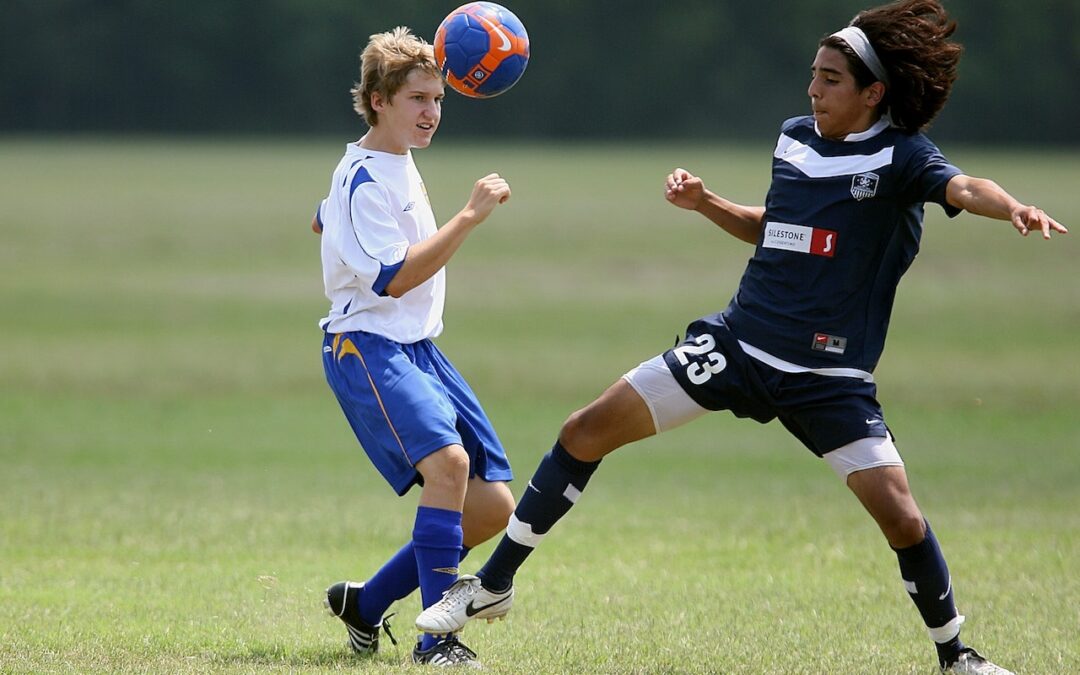Youth athletics can be an exciting and transformative experience for children. It provides opportunities for physical activity, skill development, teamwork, and personal growth. However, navigating the world of youth athletics can sometimes be challenging for both parents and young athletes.
Choose the Right Sport
The first step in navigating youth athletics is selecting the right sport for your child. Consider their interests, physical abilities, and personality. Encourage them to explore different sports and activities before making a decision. It’s important to choose a sport that aligns with their passions and allows them to have fun while participating.
Find a Supportive and Safe Environment
Look for organizations, clubs, or teams that prioritize the safety and well-being of young athletes. Research their coaching staff, facilities, and track record in providing a positive and inclusive environment. Ensure that they have proper safety protocols in place, including first aid training and equipment. A supportive and safe environment fosters healthy competition, personal growth, and a love for the sport.
Emphasize Skill Development and Fundamentals
Youth athletics should focus on skill development and the fundamentals of the sport. Coaches should prioritize teaching proper techniques, sportsmanship, teamwork, and discipline. Encourage coaches who value individual progress and character development over winning at all costs. Developing a strong foundation in the sport will benefit young athletes in the long run, regardless of their competitive aspirations.
Balance Competition and Fun
While competition is a part of youth athletics, it’s crucial to maintain a balance between competition and fun. Excessive pressure and emphasis on winning can lead to burnout and diminished enjoyment. Encourage a healthy perspective on competition, emphasizing the value of effort, improvement, and teamwork over the final score. Ensure that young athletes have opportunities to participate in non-competitive activities and events that promote camaraderie and enjoyment of the sport.
Support Physical and Mental Well-being
Prioritize the physical and mental well-being of young athletes. Encourage them to engage in proper warm-up exercises, stretching, and injury prevention techniques. Teach them the importance of rest, hydration, and proper nutrition. Additionally, promote mental well-being by fostering a positive mindset, resilience, and stress management techniques. Address any signs of physical or emotional distress promptly and seek appropriate professional support if needed.
Communicate with Coaches and Teammates
Maintaining open lines of communication with coaches and teammates is essential. Regularly check in with coaches to understand your child’s progress, strengths, and areas for improvement. Encourage your child to communicate with their teammates, fostering a supportive team dynamic. Communication helps build strong relationships, enables effective feedback, and ensures everyone is on the same page regarding expectations and goals.
Encourage a Balanced Lifestyle
Youth athletics should be a part of a balanced lifestyle that includes academics, social interactions, and other interests. Encourage your child to prioritize their education and maintain a healthy social life. Help them strike a balance between their athletic pursuits and other important aspects of their lives. This balance will contribute to their overall well-being and long-term success.
Teach Life Skills and Values
Youth athletics provide an excellent opportunity to teach important life skills and values. Emphasize the importance of discipline, perseverance, teamwork, sportsmanship, and respect for others. Encourage young athletes to set goals, work hard, and learn from both successes and failures. These life skills will benefit them not only in sports but also in other areas of their lives.
Navigating the world of youth athletics requires careful consideration and a focus on holistic development. By choosing the right sport, finding a supportive environment, prioritizing skill development, maintaining balance, supporting well-being, promoting communication, encouraging a balanced lifestyle, and teaching life skills and values, parents and young athletes can enjoy a positive and rewarding youth athletics experience. Remember that the journey is about growth, enjoyment, and personal development, regardless of the level of competition or aspirations.
